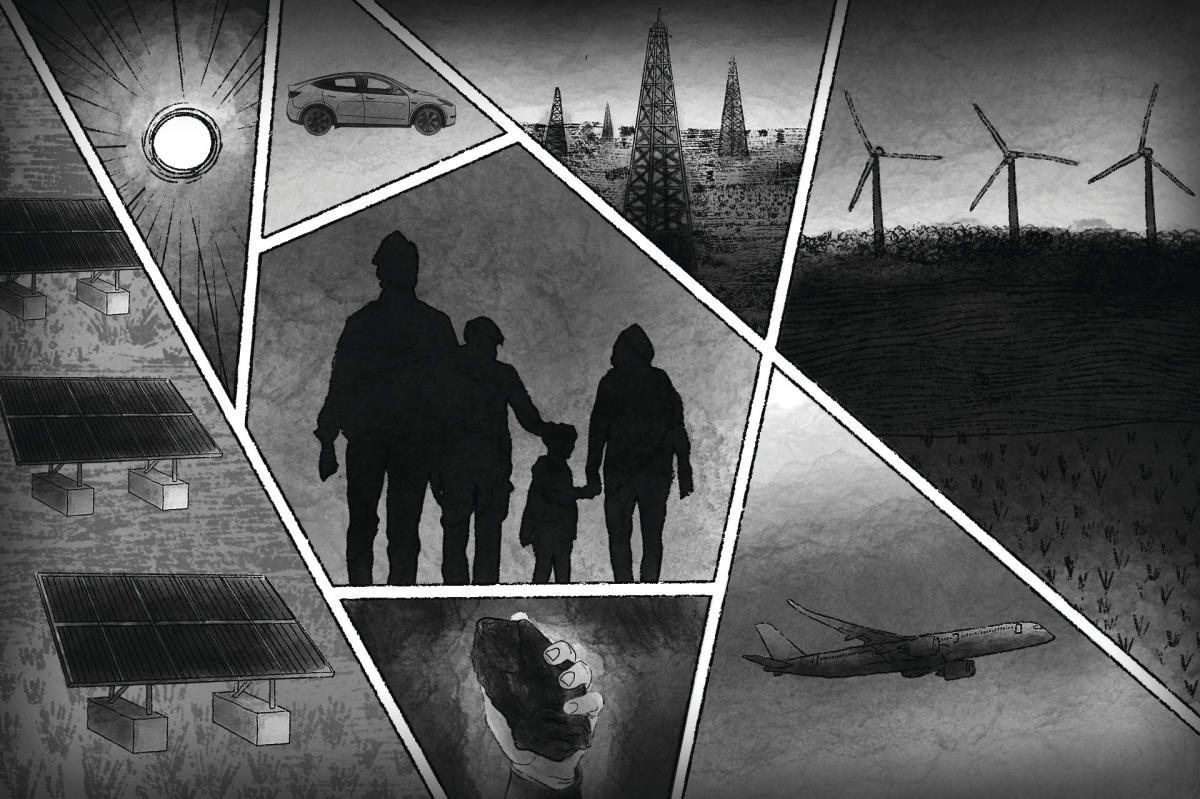Amid extreme weather events such as record-breaking temperatures, torrential downpours, droughts, and wildfires, global leaders will be coming together for the upcoming United Nations climate talks. These talks are designed to address the ongoing issue of humans emitting increasing levels of greenhouse gases into the atmosphere.
For centuries, human activity has been instrumental in reshaping the environment to serve its own interests. This involved actions such as draining lakes, deforestation, and extensive mining of metals and minerals to fuel economic growth. Over time, the exploitation of nature and the burning of fossil fuels became synonymous with prosperity, with each nation seeking to secure a cheap and reliable source of energy. Unfortunately, these actions have had a profound impact on the planet’s climate, pushing its inhabitants toward the brink of disaster.
According to Anya Zilberstein, a climate science historian at Concordia University, the colonization of the Americas by Europeans in the 16th and 17th centuries played a significant role in today’s climate and environmental crises.
European settlers brought with them the belief that reshaping landscapes and altering natural features would lead to a more favorable climate. This mindset, as highlighted by historian Jan Golinski, contributed to the idea of progress, productivity, and growth, ultimately making it challenging to address the current climate crisis.
The rapid shift to coal as the primary source of energy in the 18th and 19th centuries, driven by technological advancements and a desire for control, caused a seismic change in the global energy landscape. Steam power facilitated better management of labor and resources, leading to a significant dependence on fossil fuels.
With the advent of oil in the late 19th century, energy dynamics underwent a fundamental transformation. Oil’s advantages, such as ease of storage and transportation, led to its widespread adoption, ultimately fueling technologies like cars and air travel.
Throughout the 20th century, the pervasive influence of oil and coal on the global economy continued, with countries such as China and Japan actively embracing these energy sources as symbols of growth. Today, China stands as the world’s largest greenhouse gas emitter, signaling the substantial impact of fossil fuels on the modern era.
Fredrik Albritton Jonsson, a historian at the University of Chicago, underscores the importance of aligning human development with nature’s boundaries, emphasizing the need to balance economic progress with environmental sustainability and societal well-being.
Associated Press climate and environmental coverage receives support from several private foundations. See more about AP’s climate initiative here. The AP is solely responsible for all content.


